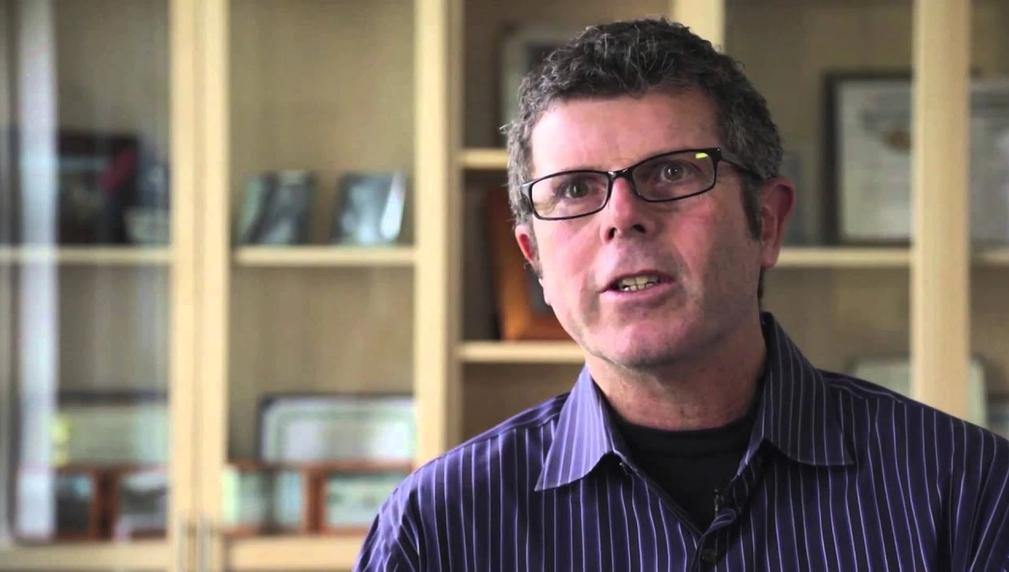Playworks Southern California
In 2012, Playworks was selected as one of the Social Impact Exchange's 100 Index in the category of education. The S&I 100 Index consists of high-impact nonprofits that have been carefully vetted through a comprehensive selection process. More than 150 experts have participated in a cross-sector collaborative effort to identify and assess the nonprofits that have been selected to be part of the Index. In 2011, Forbes magazine selected Playworks Founder and CEO Jill Vialet as one of its Impact 30: a list of the world’s leading social entrepreneurs. The magazine defines “social entrepreneur” as a person who uses business practices to solve social issues. The selection was made by a panel of blue ribbon experts, tasked with identifying “social entrepreneurs who are tackling the world's most intractable problems.” In 2008, the Robert Wood Johnson Foundation (RWJF), the nation’s leading public health foundation, invested $18.7 million in Playworks because it believes that Playworks’ program improves children’s health. In 2012, RWJF invested an additional $8.5 million in Playworks to continue backing the growth of our program. In 2013, Jill Vialet, CEO and Founder of Playworks, was awarded the James Irvine Foundation Leadership Award. The James Irvine Foundation Leadership Awards annually recognize Californians who are advancing innovative, effective solutions to critical state issues. Since 2006, awards have been given to 45 recipients, both individuals and groups, working in a wide variety of fields, including education, health, agriculture, economic development and the environment. Playworks featured at the Clinton Global Initiative in 2009. The mission of the Clinton Global Initiative (CGI) is to turn ideas into action. Established in 2005 by President Bill Clinton, the Clinton Global Initiative (CGI) convenes global leaders to create and implement innovative solutions to the world's most pressing challenges.
Visit this organization’s website to learn more

2 Submitted Ideas
 PLAY ·2025 Grants Challenge
PLAY ·2025 Grants ChallengePlayworks - Access to Safe & Healthy Play
With the support of LA2050, Playworks Southern California will provide direct service programming to elementary schools throughout Los Angeles County to increase equitable access to safe and healthy play, a model that has been proven to reduce health and social disparities in children.
- 2013 Grants Challenge
Creating a Positive Learning Environment
Playworks exists because, for many low-income children, recess is not a fun experience. Recess is where bullying happens, fights break out, and student become too upset to absorb lessons taught in the classroom. A 2009 nationwide Gallup Poll of 2,000 elementary school principals revealed that 89 percent of discipline-related problems occur during recess and lunch. (“Gallup Survey of Principals on School Recess”, Robert Wood Johnson Foundation, 2010.) Principals block out time every day to deal with discipline problems from recess, and teachers deal with the aftermath. Additionally, many low-income children live in areas where safety is a concern. They often come from neighborhoods challenged by poverty and crime with limited opportunities to engage in healthy play with their peers. As a result, these children come to school not knowing how to appropriately engage with peers which contributes to a playground experience riddled with conflict. Students who return to class angry, frustrated and scared cannot learn. However, the American Academy of Pediatrics notes in its 2012 policy statement The Crucial Role of Recess in School, that “Recess serves as a necessary break from the rigors of concentrated, academic challenges in the classroom. Equally important is the fact that safe and well-supervised recess offers cognitive, social, emotional, and physical benefits that may not be fully appreciated when a decision is made to diminish it. The American Academy of Pediatrics believes that recess is a crucial and necessary component of a child’s development and, as such, it should not be withheld for punitive or academic reasons.” (http://pediatrics.aappublications.org/content/131/1/183.full.pdf+html) Playworks has a solution to the chaos on the playground that maximizes recess and uses play as a transformational tool for educators and children. We believe that building a high-functioning, positive recess climate directly affects the creation of a positive school climate. A 2010 report entitled School Climate Brief from The Center for Social and Emotional Education, founded at Columbia University, states “Research supports the notion that positive school climate promotes students’ ability to learn. A positive school climate promotes cooperative learning, group cohesion, respect and mutual trust. These particular aspects have been shown to directly improve the learning environment.” Playworks places a highly trained program coordinator at each of our partner schools to run games and physical activity before, during and after school, teaching respect, inclusion, empathy and problem-solving through play. Playworks also trains student leaders, through the Junior Coach program, to resolve conflicts on the playground and beyond. Playworks gets all kids in the game, regardless of background, skill or physical ability. By using play, a universal activity accessible to every school child, Playworks creates a positive school climate where students know what is expected of them and their peers. As a result of this improved learning environment, students can do better in school. According to Playworks’ year-end surveys of teachers and staff, our partner schools have seen an increase in class participation, teachers have been able to reclaim an average of 19 hours of teaching time that would have otherwise been lost dealing with student conflict and students have experienced a dramatic reduction in bullying and disciplinary incidents.